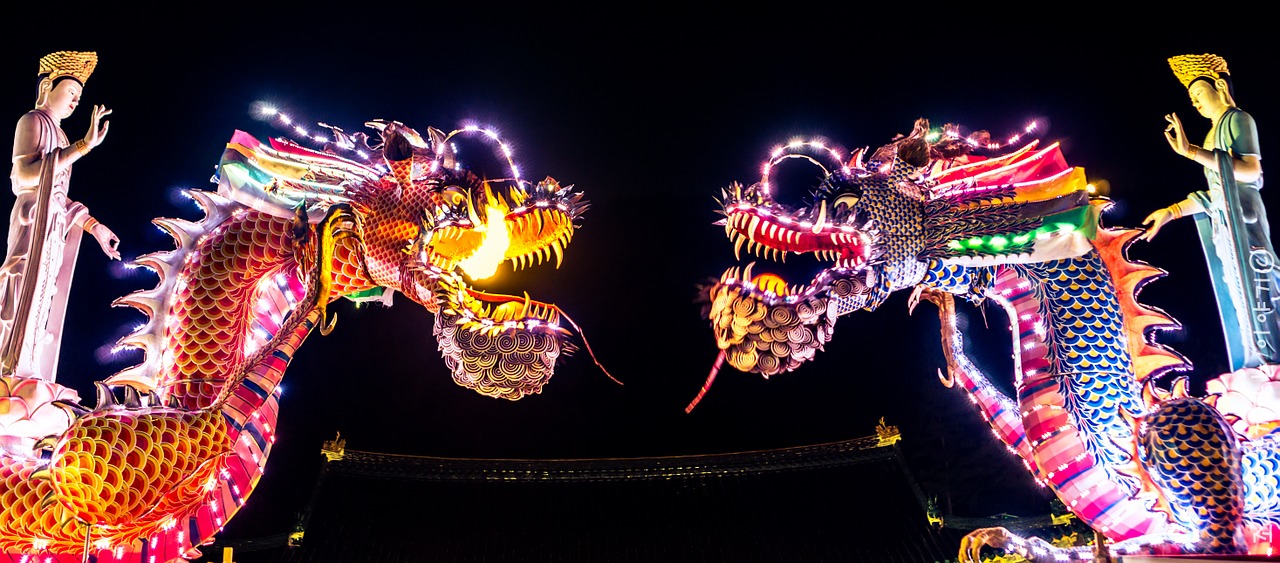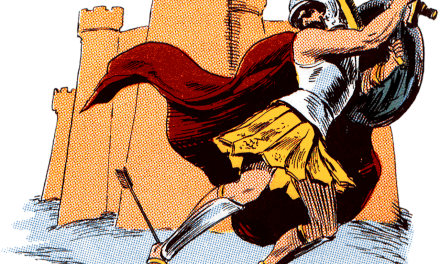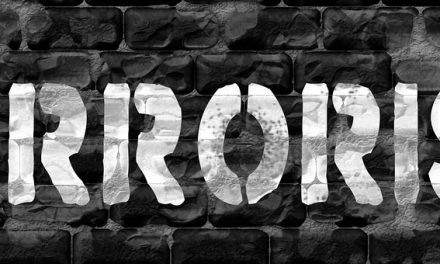Updated May 20, 2024-
President Joe Biden once expended a lot of political capital attacking former President Trump regarding his more than $300 billion worth of Chinese tariffs during 2018 and 2019.
But nearly four years later on May 14, 2024, President Biden suddenly reversed course — leaving in place Mr. Trump’s tariffs on China — while claiming he was smarter than President Trump. Huh?
History with China
More than five decades ago, the U.S. and China did not have diplomatic relations. But in 1972 it was universally felt that diplomatic relations with China was a worthwhile optimistic goal.
Soon, we were to see the typical newspaper headline, “Nixon goes to China.”
The headline shocked us because President Richard Nixon’s diplomatic trip was a policy reversal – one of the biggest political flip-flops in American history.
Mr. Nixon had spent decades building his right-wing credentials as fervently anti-communist and as a supporter of Taiwan.
Just eight years before the historic mission on a trip to Asia, he said “it would be disastrous to the cause of freedom” for America to diplomatically recognize China.
However, he had decided to establish diplomatic relations with the Communist country. As a precursor in 1971, he had diplomat Henry Kissinger organize a trip to Beijing by the U.S. ping pong team.
It was all a political smokescreen – to take the focus off Mr. Nixon’s failed 1968 campaign promise to promptly end the Vietnam War and his inability to rein in the threats from the Soviet Union.
Sadly, President Nixon was prophetic about his heralded trip to China in February 1972 when he made the comment: “This was the week that changed the world.”
Yes, it did. Now as it turns out, China’s behavior became an economic and political powder keg.
Naïve American strategy
The 21st-century’s growing divide with China illustrates why America’s strategies have failed us until the Trump years.
Indeed, the U.S. policies had been a failure because they haven’t been based on pragmatism or reality.
We’ve been too idealistic and haven’t fully understood the ancient country. We assumed China would abandon its historic and communist-totalitarian tendencies.
In its 5,000-year history, China was the Middle Kingdom starting from 1000 BC during the Chou Empire. Calling themselves Mandarin Zhongguo, the Chinese name for China, the Chou people believed they were occupying the middle of the earth.
They weren’t unaware of the western civilizations.
When the communists seized power in 1949, the name for China became Zhonghua renmin gongheguo, or the People’s Republic of China.
By not becoming a democratic nation, this helps explain why the Chinese have no interest in becoming westernized.
As a communist country, much like the Soviet Union’s Nikita Khrushchev during the Cold War, China has a sinister objective: To dominate the world economically and technologically.
You might recall when China was forecast to overtake the U.S. economically.
But President Trump’s aggressive economic policies – such as eliminating onerous regulations on business and tax reform – halted the hemorrhaging.
For instance, American-worker wages had dramatically increased by 3 percent or higher, the unemployment rate was the lowest it’s been since 1969 and U.S. stocks have skyrocketed.
Now, the U.S. is in a stronger economic position than China.
National emergency
Previously, in trade talks before the phase on agreement, China and the U.S. reached 95 percent agreement. But China abruptly reneged on five commitments.
The continued hostile Chinese behavior amid the development of 5G and artificial intelligence success was a salient reason why President Trump declared a national emergency over technology.
The declaration followed the alarms raised by Mr. Trump over China’s theft of American technology and its refusal to allow U.S. products into its markets.
So, U.S. organizations were banned from using the technology provided by certain companies.
A presidential press release stated the declaration is “to protect America from foreign adversaries who are actively and increasingly creating and exploiting vulnerabilities in information and communications technology infrastructure and services in the United States.”
Mr. Trump was believed to be alarmed by the furtive practices of Huawei, the Chinese company he included in the entity list. This meant the Chinese tech giant had to get federal government approval if it wanted to obtain technology from U.S. companies.
Experts also believed Huawei is a possible threat. One such expert is Timothy Heath of the RAND Corporation tells CNBC why:
President Trump initially imposed the tariffs to wage battle against China’s behavior, to find new markets for American goods and products, and to import from countries other than China.
All of this stemmed from China’s past refusal to change its laws to stop its forced technology transfers from U.S. companies, the blatant theft of American patents and proprietary secrets and Beijing’s subsidies for its exports for an unfair competitive advantage.
WTO
The World Trade Organization (WTO) exists to promote fair trade to enhance the lives of residents in member countries. The WTO requires member nations to support such a principle.
China was admitted to the WTO in 2001 at the adolescent behests of Presidents Bill Clinton and George Bush.
True, China enthusiastically welcomed the opportunity to enter the global economic sphere. But the real China has shown us to be dishonest and sinister in order to further its own communist agenda.
China refused play by the rules.
That’s why then-President Trump boldly decided enough is enough. While China doesn’t literally bomb the U.S., he knows China is bombing the U.S. figuratively.
China lied to gain admittance to the WTO and disingenuously steals American technology, jobs and wealth.
Politics
Unfortunately, President Trump’s political opponents badgered him and increased their political attacks on him if he doesn’t keep the trade deal with China.
Democrats and liberal economists had been claiming President Trump’s fight for trade fairness would hurt U.S. consumers by drastically increasing prices and propel the U.S. into a recession.
They also claimed he was the instigator of the trade war. That’s a strange conclusion since it’s been China behaving diabolically.
Also, noted economist Peter Morici, Ph.D., had an astute prediction:
“The bottom line is that prices are likely to go up no more than 0.1 percent thanks to recent tariffs and if the president imposes tariffs on the remaining $290 billion in Chinese imports, that figure jumps to about 0.35 percent.”
Dr. Morici is professor emeritus at the University of Maryland Smith School of Business, former Chief Economist at the U.S. International Trade Commission, and seven-time winner of the MarketWatch best forecaster award in competition with 41 other top economists. (See his economic analyses.)
President Trump’s fight against China was to promote a greater good – for the welfare of America and our free-enterprise system.
He knew that continued China’s unfair and dishonest trade practices and theft of America’s technology, if allowed to continue, meant dire consequences for America in the decades ahead.
Thankfully, he vowed to protect America, and he did. His economic record proved to be far superior to President Biden’s dysfunctional approach that led to high inflation and fears of a recession.
From the Coach’s Corner, see these articles on public policy:
“We’re going right down the toilet, and it’s a made-in-China toilet.”
-Peter Navarro
__________






